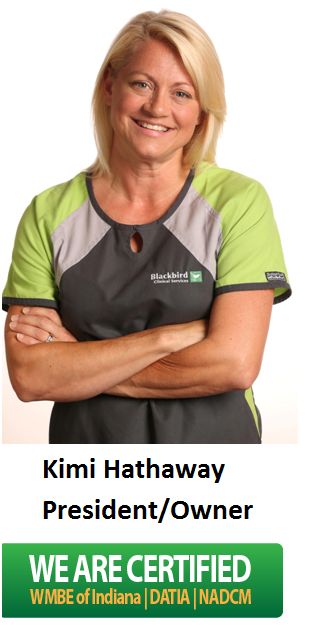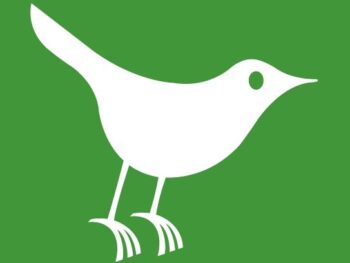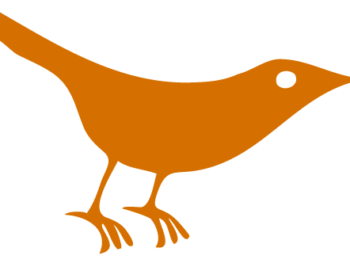Drug addiction often starts with experimental substance use in social settings or with a seemingly harmless prescription given after a medical procedure. No one starts out using drugs thinking they will become addicted and eventually have their health, relationships, jobs and home life turned upside down. But it happens!
We read daily about the rampant opioid crisis and the impact it is having on individuals and communities. Knowing the early signs of drug abuse can help identify whether a loved one may be using drugs and risking harmful consequences to their health, school, job, and family life.
Drug abuse isn't just about street drugs. Besides marijuana, legal medicines are the most commonly abused drugs in the U.S. Over-the-counter and prescription drugs can help and heal us. But some can be addictive and dangerous if they’re used the wrong way.
General Signs of Drug Addiction
There are common signs of habitual drug use across all substances as well as signs that are unique to the type of substance abused. These include:
- Difficulties at school, disinterest in school-related activities, and declining grades
- Poor work performance, being chronically late to work, appearing tired and disinterested in work duties, and receiving poor performance reviews
- Changes in physical appearance, such as wearing inappropriate or dirty clothing and a lack of interest in grooming
- Altered behavior, such as an increased desire for privacy
- Drastic changes in relationships
- A noticeable lack of energy when performing daily activities
- Spending more money than usual or requesting to borrow money
- Issues with financial management, such as not paying bills on time
- Changes in appetite, such as a decreased appetite and associated weight loss
- Bloodshot eyes, poor skin tone, and appearing tired or run down
- Defensiveness when asked about substance use
What to Do if You Suspect Drug Use
Concerned that someone close to you might be abusing drugs? The best thing to do is ask directly. Keep an eye out for signs of abuse, like behavior changes or missing medicines.
Many kids assume that common household drugs or even prescription medicines are safer than street drugs because they're legal. Explain the risks. Head off problems -- and clean out your medicine cabinet. Get rid of the drugs you don’t need and keep track of the ones you do.
Do not flush medications down the toilet or sink. Most local law enforcement agencies have medication turn in programs to keep harmful meds out of our water systems.
The Importance of Early Intervention
If drug use is suspected, early intervention is essential to ensure the most robust chances of successful recovery. Friends and family members may choose to stage an intervention once signs of drug use are apparent.
 Blackbird Clinical Services is Always Ready to Help
Blackbird Clinical Services is Always Ready to Help
If you suspect your child or loved one is using drugs, Blackbird Clinical provides 10 Panel drug screens that check for: Amphetamines, Cocaine Metabolite, Opiates, Marijuana metabolites, Phencyclidine/PCP, Benzodiazepines, Barbiturates, Methamphetamine, MDMA (ecstasy), Methadonsm and Methaqualone.
Call or stop by our clinic to arrange for a test or free consultation on a testing program to best fit your needs.


